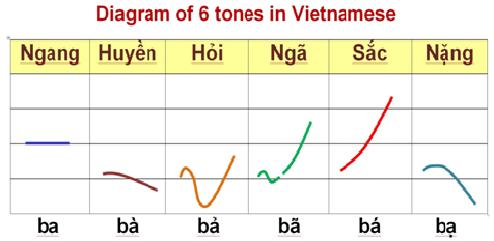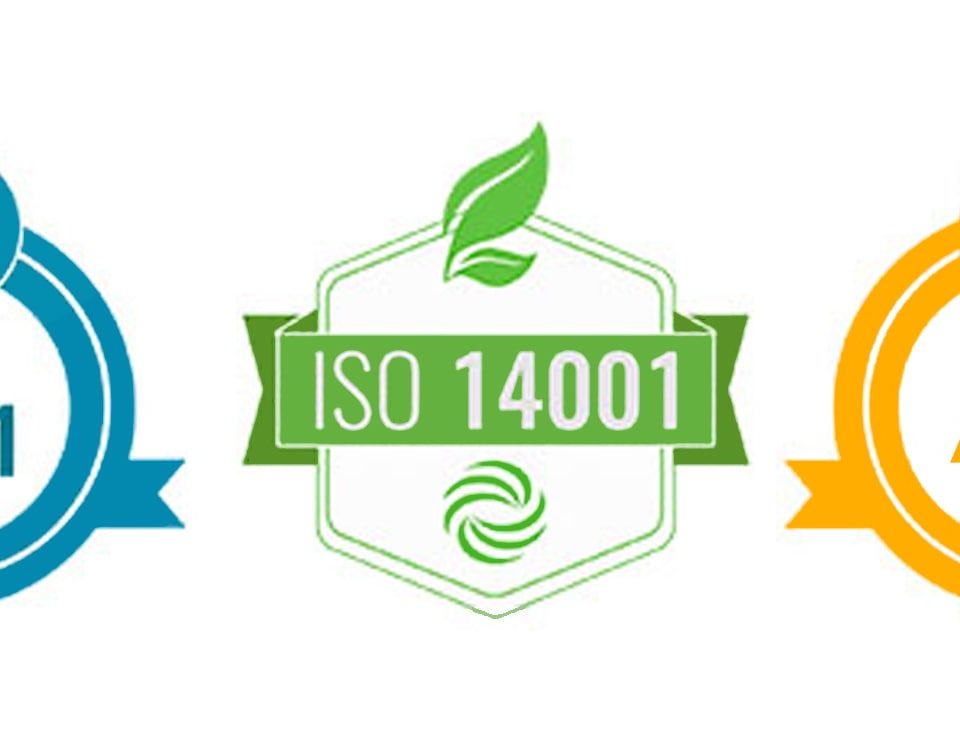Is Vietnamese easy or hard to translate?

What are the common mistakes in translation?
18th July 2025
What are the errors in English language learning?
29th July 2025Translating Vietnamese can be challenging, depending on the direction of translation (Vietnamese to another language or vice versa) and the translator’s background. Here’s a breakdown of why it can be hard, and in some cases, why it can be easier:
🔴 Why Vietnamese Can Be Hard to Translate
-
Tone system (6 tones): Vietnamese is a tonal language, so a single syllable can have different meanings depending on the tone. This doesn’t always map cleanly into non-tonal languages like English.
-
Pronouns and social hierarchy: Vietnamese uses a complex system of pronouns that encode age, gender, and social relationships. There’s no direct equivalent in many languages, so this often requires extra interpretation.
-
Context-dependency: Vietnamese is a high-context language—meaning a lot of meaning is implied rather than explicitly stated. This can be hard for translators who rely on word-for-word substitution.
-
Lack of conjugation and pluralization: Vietnamese doesn’t use verb conjugations or plural forms the way English or many European languages do. That can make tense, number, and aspect ambiguous in translation.
-
Word order differences: Although Vietnamese uses SVO (subject-verb-object) like English, its use of classifiers, particles, and topic-comment structures can create sentence constructions that are tricky to translate directly.
🟢 Why Vietnamese Can Be Easier (in some ways)
-
No inflection: The lack of verb conjugation, noun cases, or gender agreement means fewer morphological changes to track.
-
Alphabet: Vietnamese uses the Latin alphabet, so you don’t need to learn a new writing system like you would with Chinese or Thai.
-
Loanwords and modern vocabulary: Vietnamese has adopted many English and French loanwords, especially in tech, science, and food, which can make translating those domains easier.
🟡 Machine Translation Notes
Machine translation (e.g., Google Translate) for Vietnamese has improved significantly, but it still struggles with:
-
Tone-based word disambiguation
-
Cultural nuance in pronouns and politeness levels
-
Idioms or literary/poetic Vietnamese
If you’re a speaker of a similar analytic language like Chinese or Thai, Vietnamese may be relatively easier to translate. But for native speakers of inflected languages (like Russian or German), the challenges may feel different.
Would you like examples to illustrate some of these translation difficulties?
Vietnamese translation services – English to Vietnamese translation services


